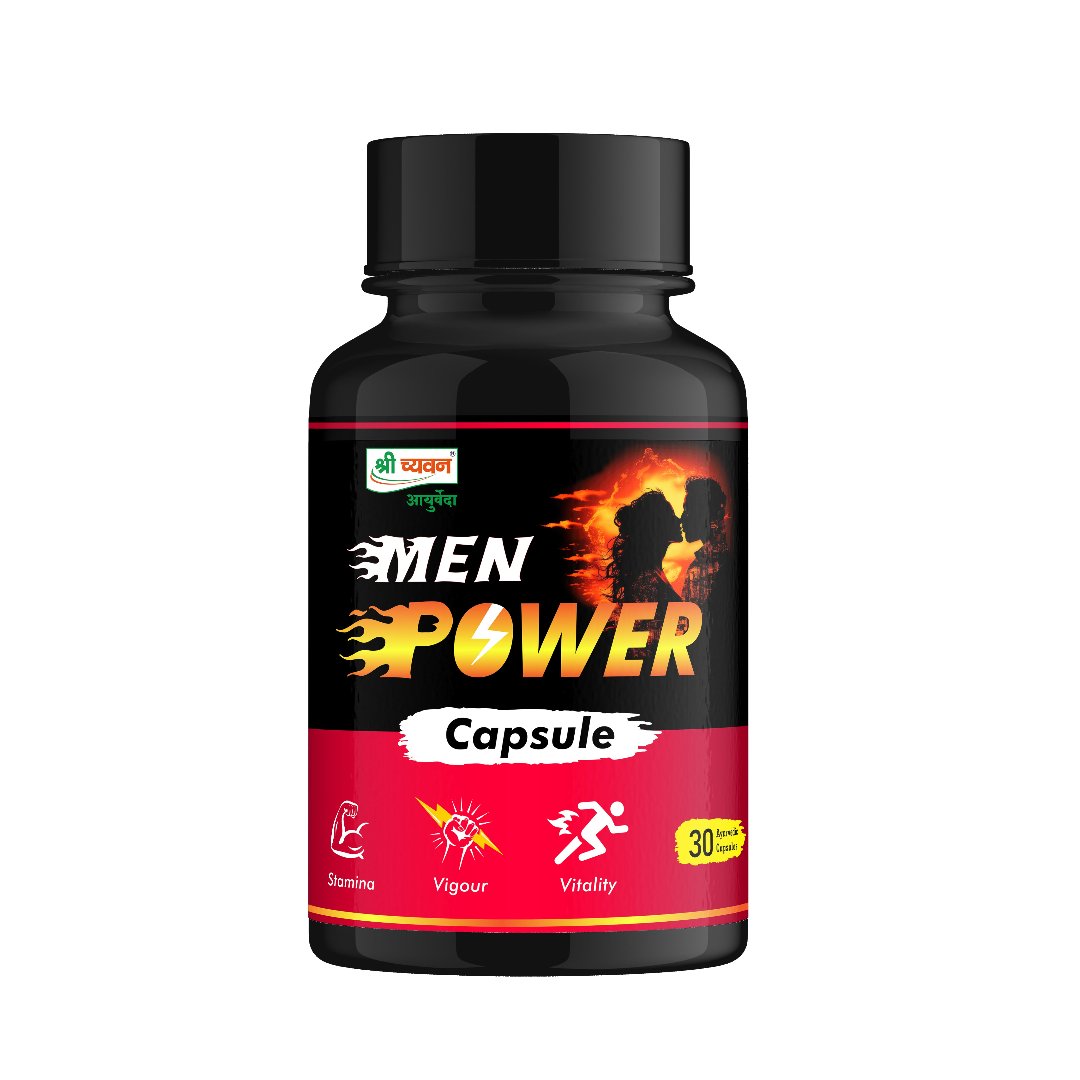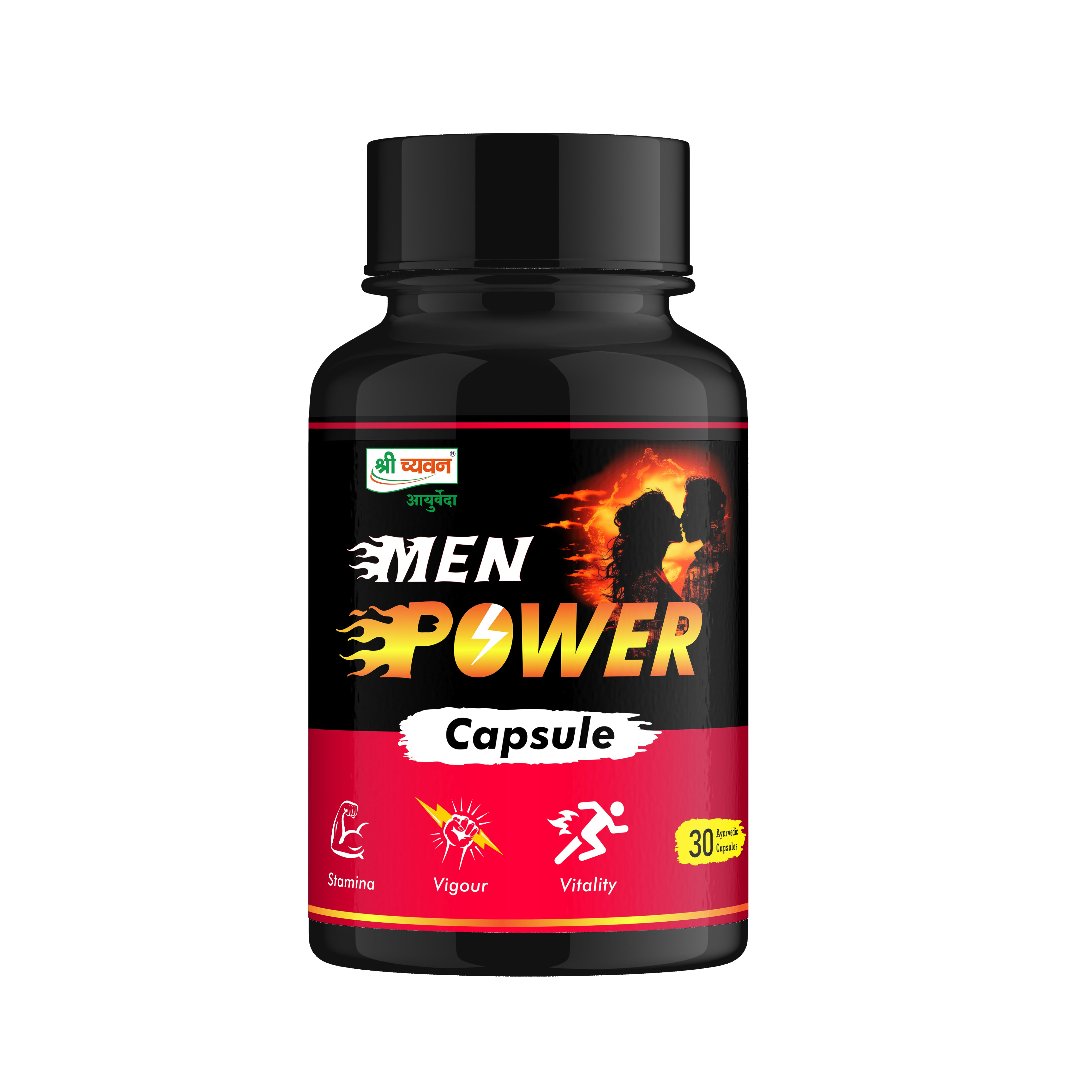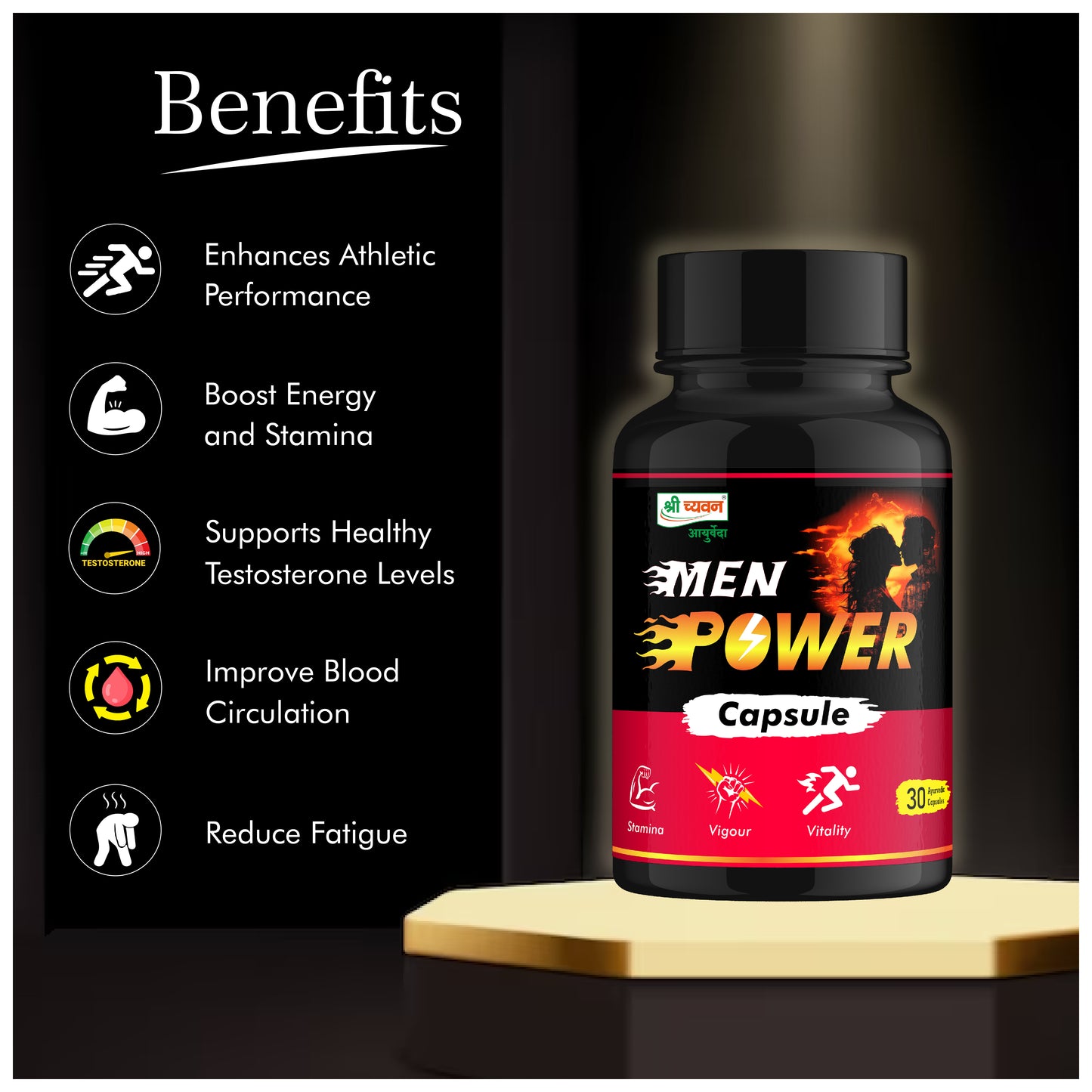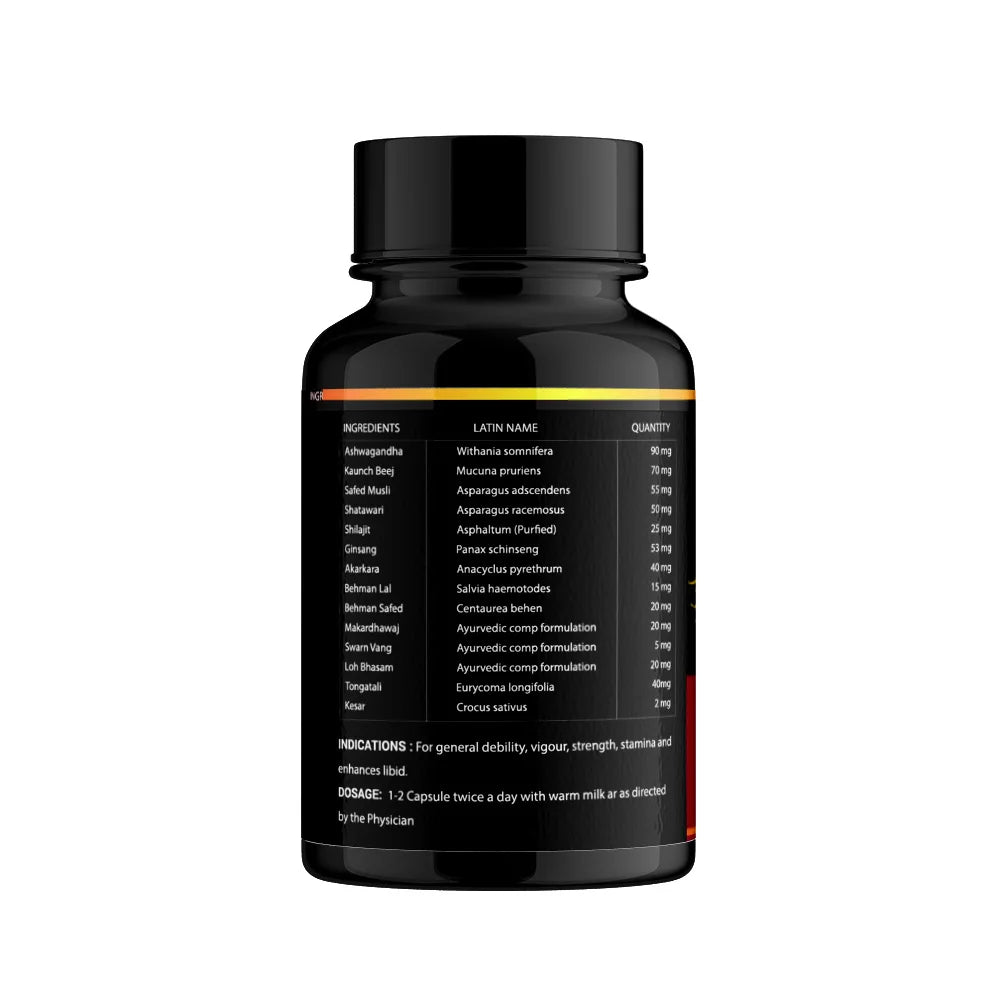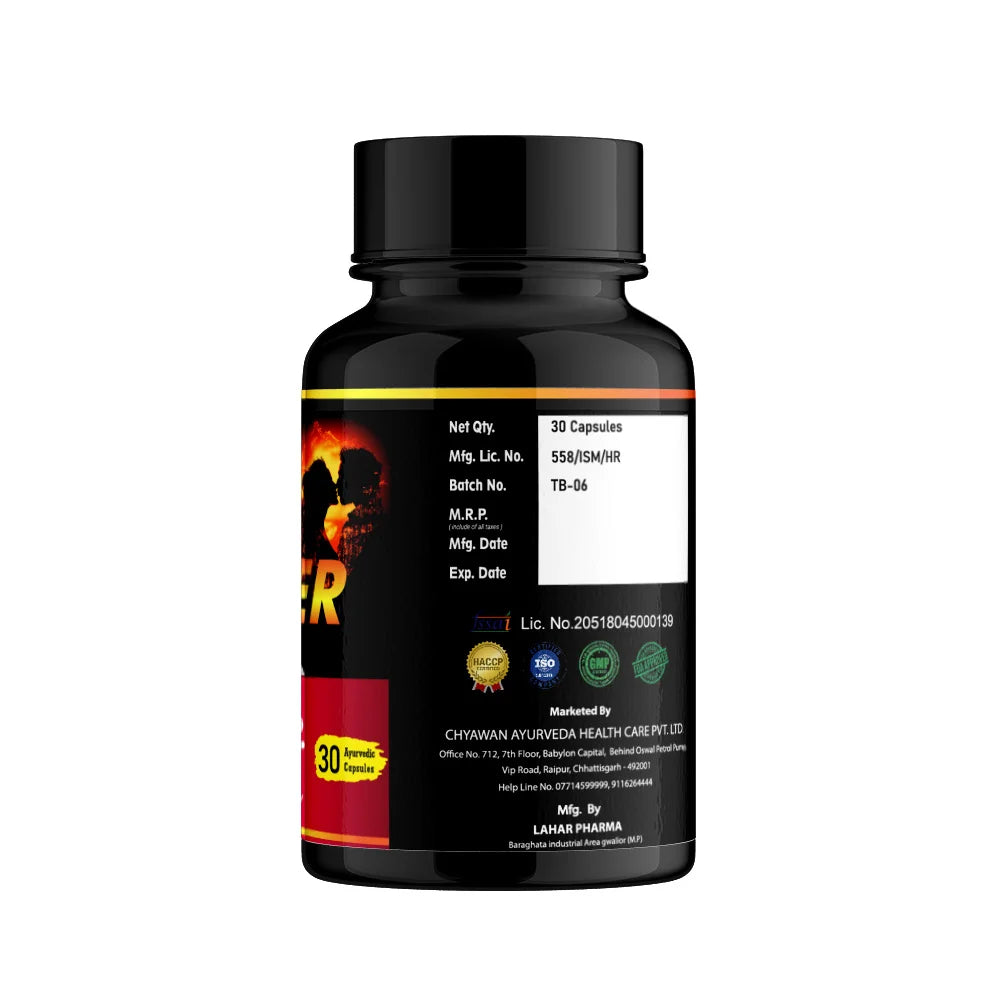Introduction
Sperm count is a crucial factor in male fertility and overall reproductive health. In recent years, concerns about declining sperm counts have gained attention, prompting many men to seek effective ways to enhance their fertility. Whether you’re trying to conceive or simply want to improve your reproductive health, understanding how to increase sperm count can make a significant difference.
In this blog, we will explore various lifestyle changes, dietary adjustments, and practical tips that can help boost your sperm count naturally. From nutrition to exercise and environmental considerations, we’ll cover essential strategies to support your reproductive health. Let’s dive in and discover how you can take proactive steps toward improving your fertility.
Understanding Sperm Count
Sperm count refers to the number of sperm present in a given volume of semen. It's a key factor in male fertility, as a higher sperm count increases the chances of successful conception. The World Health Organization defines a normal sperm count as 15 million sperm per milliliter of semen or more.
Importance of Sperm Count
A healthy sperm count is essential for several reasons:
1. Fertility Potential: Higher sperm counts improve the likelihood of sperm reaching and fertilizing an egg.
2. Sperm Health: Beyond just the count, the quality of sperm—such as motility (movement) and morphology (shape)—is equally important for fertility.
3. Overall Health Indicator: A low sperm count can sometimes signal underlying health issues, such as hormonal imbalances, lifestyle factors, or environmental exposures.
Factors Affecting Sperm Count
Several factors can influence sperm count, including:
- Lifestyle Choices: Diet, exercise, smoking, and alcohol consumption can all impact sperm production.
- Medical Conditions: Hormonal disorders, infections, and chronic illnesses can affect sperm health.
- Environmental Factors: Exposure to toxins, heat, and radiation can negatively influence sperm production.
Understanding these elements is crucial for anyone looking to improve their sperm count. In the following sections, we will delve into actionable strategies to help you boost your sperm count naturally.
Dietary Changes
Diet plays a vital role in boosting sperm count and overall reproductive health. By making thoughtful food choices, you can support your body in producing healthier sperm. Here’s a breakdown of foods to include and avoid:
Foods to Include
1. Fruits and Vegetables:- Berries: Rich in antioxidants, they help combat oxidative stress.
- Leafy Greens: Spinach and kale are high in folate, important for sperm production.
- Walnuts: Packed with omega-3 fatty acids, which support sperm motility.
- Pumpkin Seeds: High in zinc, essential for testosterone production.
- Foods like brown rice and oats provide essential nutrients and help maintain healthy hormone levels.
- Full-fat dairy may be beneficial due to its vitamin D content, which is linked to reproductive health.
- Avocados and olive oil can help maintain hormone levels and support overall health.
Foods to Avoid
1. Processed Foods:- High in trans fats and sugars, these can negatively impact hormone levels and overall health.
- Excessive consumption may disrupt hormone balance due to phytoestrogens, potentially affecting sperm count.
- Sweets and sugary drinks can lead to weight gain and hormonal imbalances.
- Excessive drinking can lower testosterone levels and negatively affect sperm production.
- High intake may be linked to reduced sperm health, so moderation is key.
- Minimize exposure to pesticides and heavy metals found in some foods, which can affect reproductive health.
By incorporating nutrient-rich foods and avoiding those that can harm your reproductive system, you can create a solid foundation for increasing your sperm count and improving your overall fertility.
Lifestyle Modifications
Making specific lifestyle changes can significantly enhance sperm count and overall reproductive health. Two critical areas to focus on are exercise and stress management.
Exercise and Physical Activity
1. Regular Exercise: Engaging in moderate physical activity can boost testosterone levels and improve overall health. Aim for at least 150 minutes of moderate aerobic exercise each week, such as brisk walking, cycling, or swimming.
2. Strength Training: Incorporating strength training into your routine can help build muscle mass and enhance hormone balance. Aim for two to three sessions per week.
3. Avoid Sedentary Behavior: Limit prolonged sitting or inactivity. Even short breaks for stretching or walking can be beneficial.
4. Maintain a Healthy Weight: Obesity is linked to lower testosterone levels and reduced sperm count. Focus on a balanced diet and regular exercise to achieve a healthy weight.
Stress Management
1. Mindfulness and Meditation: Practices like meditation, yoga, or deep breathing can help reduce stress levels, which positively impacts hormonal balance and sperm production.
2. Adequate Sleep: Aim for 7-9 hours of quality sleep each night. Poor sleep can lead to hormonal imbalances that affect sperm health.
3. Limit Stressors: Identify sources of stress in your life, whether they’re work-related or personal, and seek to minimize them through time management and prioritizing self-care.
4. Social Support: Maintain a strong support network of friends and family. Sharing your concerns and experiences can alleviate stress.
By incorporating regular exercise and effective stress management techniques into your daily routine, you can create a healthier environment for improving your sperm count and overall fertility.
Sleep and Hormonal Balance
Quality sleep is essential for maintaining overall health, including hormonal balance, which plays a crucial role in sperm production. Here’s how sleep impacts your reproductive health and tips for optimizing your sleep patterns:
The Importance of Sleep
1. Hormonal Regulation: Sleep helps regulate hormones such as testosterone, cortisol, and insulin. Disrupted sleep patterns can lead to hormonal imbalances that negatively affect sperm count and quality.
2. Recovery and Repair: During deep sleep, the body undergoes repair processes that are vital for overall health, including the production of sperm. Lack of sleep can hinder these processes.
3. Stress Reduction: Quality sleep reduces stress levels, which can further enhance hormone balance. High stress is known to lead to elevated cortisol levels, which can negatively impact fertility.
Tips for Improving Sleep Quality
1. Establish a Sleep Routine: Go to bed and wake up at the same time every day, even on weekends. Consistency helps regulate your body’s internal clock.
2. Create a Relaxing Environment: Ensure your bedroom is dark, quiet, and cool. Consider using blackout curtains, earplugs, or a white noise machine if needed.
3. Limit Screen Time: Reduce exposure to screens (phones, computers, TVs) at least an hour before bedtime. The blue light emitted can interfere with melatonin production, making it harder to fall asleep.
4. Mind Your Diet: Avoid large meals, caffeine, and alcohol close to bedtime. These can disrupt your sleep cycle.
5. Physical Activity: Regular exercise can promote better sleep, but try to avoid vigorous workouts close to bedtime.
6. Relaxation Techniques: Incorporate calming activities before bed, such as reading, meditating, or taking a warm bath, to signal to your body that it’s time to wind down.
By prioritizing quality sleep and maintaining hormonal balance, you can support your body’s natural ability to produce healthy sperm, ultimately improving your chances of fertility.
Avoiding Environmental Toxins
Environmental toxins can significantly impact male reproductive health, including sperm count and quality. Here are some common sources of toxins and practical steps to minimize exposure:
Common Environmental Toxins
1. Pesticides and Herbicides: Commonly used in agriculture, these chemicals can disrupt hormone levels and affect sperm production.
2. Heavy Metals: Exposure to lead, mercury, and cadmium, often found in contaminated water and certain fish, can negatively impact reproductive health.
3. Plastics: Chemicals like bisphenol A (BPA) found in some plastics can mimic estrogen and interfere with hormonal balance.
4. Industrial Chemicals: Solvents and other chemicals used in manufacturing can be harmful. Phthalates, often found in personal care products, can also disrupt hormones.
5. Air Pollution: Exposure to pollutants from vehicles and industrial processes has been linked to reduced sperm quality.
Practical Steps to Minimize Exposure
1. Choose Organic Produce: Whenever possible, select organic fruits and vegetables to reduce exposure to pesticides.
2. Use Glass or Stainless Steel: Replace plastic containers and bottles with glass or stainless steel to avoid BPA and other harmful chemicals.
3. Be Cautious with Personal Care Products: Opt for natural or organic personal care items, as many conventional products contain endocrine disruptors.
4. Limit Fish Intake: Be mindful of fish consumption, especially larger species like shark and swordfish, which can have higher mercury levels. Choose smaller, low-mercury fish like salmon or sardines.
5. Improve Indoor Air Quality: Use air purifiers, ventilate your home, and avoid smoking indoors. Incorporate houseplants that can help filter toxins from the air.
6. Check Water Quality: Consider using a water filter to remove heavy metals and contaminants from your drinking water.
7. Stay Informed: Educate yourself about the sources of toxins in your environment and take proactive steps to reduce exposure.
By being mindful of environmental toxins and taking steps to minimize exposure, you can create a healthier environment that supports optimal sperm health and overall reproductive well-being.
Supplements and Vitamins
Certain supplements and vitamins can play a vital role in improving sperm count and overall reproductive health. Here’s a look at some key nutrients that may help:
Essential Supplements
1. Zinc:- Important for testosterone production and overall sperm health. Foods like Nuts and Seeds, Whole Grains, and legumes are good sources, but supplementation can be beneficial if you have a deficiency.
- Linked to testosterone levels and sperm motility. Sun exposure is a natural source, but supplements may be necessary for those with limited sun exposure.
- Supports DNA synthesis and repair, essential for healthy sperm development. Consider a daily supplement, especially if dietary intake is low.
- Found in Flaxseeds, omega-3s can improve sperm quality and motility. They help reduce inflammation and support overall reproductive health.
- An antioxidant that can enhance sperm motility and protect against oxidative stress. It’s found in small amounts in foods and is available as a supplement.
- An amino acid that may improve sperm motility. It can be found in dairy, but supplementation can help boost levels.
- This trace mineral is important for sperm formation and overall male fertility. It can be found in Brazil nuts.
General Guidelines
- Consult a Healthcare Professional: Before starting any supplement regimen, it's best to consult with a healthcare provider to determine your specific needs and avoid potential interactions with other medications.
- Focus on a Balanced Diet: Supplements should complement a healthy diet rich in whole foods, as obtaining nutrients from food is generally more effective than relying solely on supplements.
- Monitor Dosage: Follow recommended dosages, as excessive intake of certain vitamins and minerals can have adverse effects.
By incorporating these supplements and vitamins into your routine, you can support your body’s natural ability to produce healthy sperm, enhancing your overall fertility.
When to Consult a Doctor
Consulting a doctor about sperm count and reproductive health is essential in certain situations. Here are key indicators that it’s time to seek professional advice:
1. Prolonged Difficulty Conceiving: If you and your partner have been trying to conceive for over a year without success, it’s important to consult a healthcare professional.
2. Low Sperm Count Symptoms: Signs such as reduced libido, erectile dysfunction, or any noticeable changes in sexual function warrant a medical evaluation.
3. Chronic Health Issues: If you have underlying health conditions (e.g., diabetes, hormonal disorders) that could affect fertility, discussing these with your doctor is crucial.
4. Past Medical History: A history of testicular issues, infections, or surgeries that might impact sperm production should be addressed with a specialist.
5. Exposure to Toxins: If you have been exposed to environmental toxins or have concerns about occupational hazards, it’s wise to seek advice on potential impacts on fertility.
6. Lifestyle Changes: If you've made significant lifestyle changes or are considering supplements and want professional guidance on their effects on fertility.
7. Genetic Concerns: If there are hereditary issues or concerns about genetic conditions in your family, a consultation can provide insights into potential risks.
A healthcare professional can perform tests, offer guidance, and recommend treatments tailored to your specific needs, helping you take proactive steps toward improving your reproductive health.
Shri Chyawan's Ayurvedic Solution
Our Ayurvedic Men Power Capsules ! This all-natural, herbal blend offers daily support for men seeking enhanced well-being. With a focus on Ayurvedic ingredients, these capsules may help promote natural energy and stamina, while supporting overall performance and recovery. Choose a clear and concise title that highlights the natural ingredients and potential benefits for men's health.
Ingredient:
It consists of Safed Musli, Ashwagandha, Tongkat Ali, Shatavari, Shilajit, Ginseng, Akarkara, Kesar, etc.
-
Boosts stamina and energy: Men Power Capsule effectively helps boosting stamina and energy with its active herbal ingredients.
-
Removes Fatigue: An effective testosterone booster ayurvedic medicine helps removing fatigue and weakness.
-
Reduces Stress and Anxiety: It helps to combat stress, and weakness for General Debility, Vigor, and Stamina. It is made using powerful herbal and Ayurvedic ingredients.
-
Elevates immunity and energy: It effectively helps in enhancing immunity and strength and gives energy.
- Natural Product: Men Power Capsule helps to solve all your physical issues and is made of all-natural and pure ingredients.
How to use: 1-2 capsules, twice a day with milk or as directed by your Physician.
Conclusion
Improving sperm count is a multifaceted approach that involves dietary changes, lifestyle modifications, and awareness of environmental factors. By incorporating nutrient-rich foods, engaging in regular exercise, managing stress, ensuring quality sleep, and avoiding harmful toxins, you can create a healthier foundation for reproductive health.
Additionally, the use of specific supplements can further support your efforts. If you experience ongoing challenges or have concerns about your fertility, consulting a healthcare professional is crucial. Taking these proactive steps not only enhances your chances of conception but also promotes overall well-being. Remember, small changes can lead to significant improvements in your reproductive health journey.
Free Consultation with our Expert Doctor- 📞📞 95162 64444





